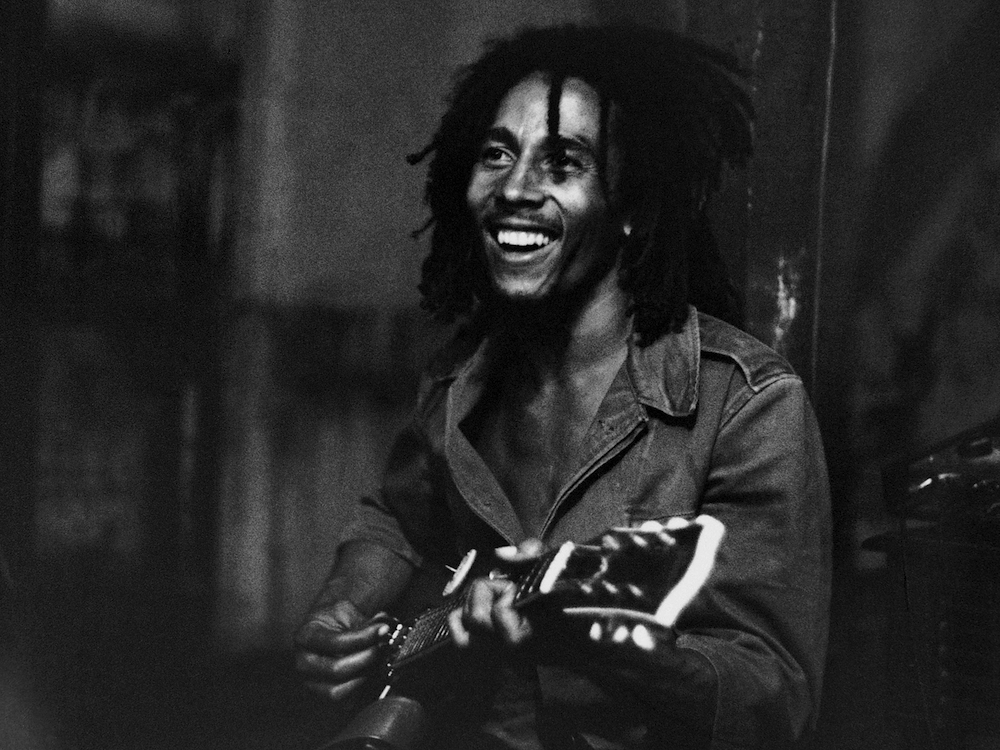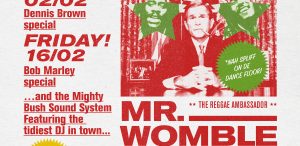
Soul Rebel: Remembering the courageous revolutionary, Bob Marley
Today marks what would’ve been the 73rd birthday of singer-songwriter, performer, activist and committed Rasta, Bob Marley. Year on year, it represents a day of celebration and reflection for fans worldwide, who remember not only Marley’s music, but his revolutionary legacy.
Soul Rebel is the theme of today’s activities at the Bob Marley museum in Kingston. As daughter Cedella Marley explains “My father envisioned us breaking down all barriers, setting aside our differences and living together in love and unity. The theme Soul Rebel was selected because today more than ever, there is a need for us to raise our consciousness, to fearlessly rebel against the crime and violence that threaten to divide us”.
For a defining example of his courage and defiance, we travel back forty years to early 1978. Marley was recuperating in London, approaching the release of his LP Kaya and the end of his period of ‘exile’ in Britain. Despite having recorded and toured Exodus the previous year, he hadn’t returned to Jamaica since the assassination attempts that most likely influenced his 1976 departure. Fear certainly wasn’t a factor in Marley’s decision making; he had appeared on stage just two days after being shot, putting himself in a position of vulnerability once again, but justifying his appearance with his statement “The people who are trying to make this world worse aren’t taking a day off. How can I?”.
His return to Jamaica in ‘78 was to be a similar act valour, as it saw him appearing at another politically-associated event, the One Love Peace Concert. Aside from boasting one of the greatest line-ups in the history of reggae music: The Mighty Diamonds, Dennis Brown, Big Youth and Ras Michael among those accompanying Marley and his Wailers – the concert also realised one of the single greatest Bob Marley performances captured on tape.
Performing Jammin’ alongside his band, singers The I Threes and Zap Pow horns, he inspired a state of fervour on stage, emphasised by the timely clamour of thunder midway through the track. Having invited both political rivals on stage during a mid-song rap, Marley then joined the hands of Michael Manley and Edward Seaga above his head, in an act symbolic of the unity he and many others strove for. His bold effort to diffuse tension and encourage peace was formally recognised some months later, when he was awarded The United Nations’ Peace Medal of the Third World.
This was just one brave and inspiring act that, alongside his music, made Marley the legend he is is today. DJs, selectors, soundsystems and musicians worldwide will honour Marley this month and Dubya! is no different, with a party in celebration of the man and his music, on 16th February.







